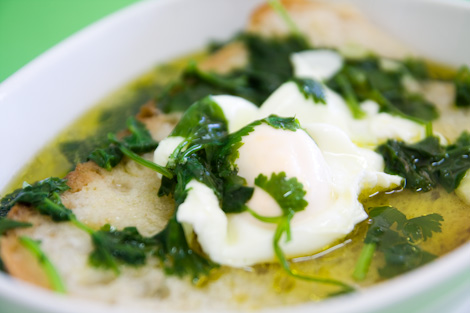Bread. It's a very important part of life. I can't think of a single culture on this planet that does not have some great affiliation with bread. It's a staple of life. People on this globe have been making and eating bread since Neolithic times when man changed from simply being a hunter-gatherer, discovered agriculture and hence started purposefully growing grain. Bread is so culturally central to modern life that the word itself has become a synonym for money and phrases such as "breaking bread" have gained meanings beyond the literal. If one is to look into the history of the word "bread" in different cultures you shouldn't be too surprised to find that many languages share very similar words. In Northern Europe we get Germanic rooted words like brood, brot, brød and, of course, bread. In more Latin based Southern Europe we also have many variations, but this time to the Spanish word "pan", such as "pain" in France, "pane" in Italy and of course "pão" in Portugal. The fact that these languages share an obvious similarity in the word for bread would suggest that the roots of these two main words for bread are very old indeed. Other bread related words such as "loaf" can also often have roots way back in history.
So is bread important in Portugal today? Well, clearly it is, yes. Every day people all over Portugal walk down to their local bar or shop, have a quick coffee while they are there, and walk back with a half a dozen rolls, or perhaps a loaf. I distinctly remember a time, a few weeks after I moved here, going to my local corner shop to buy some bread and the shopkeeper's son, who speaks very good English, apologised profusely because the only rolls that he had left were yesterdays bread. It's a good thing though, this regimen of buying bread fresh every day. It means that I'm always going to get bread that doesn't need to be crammed with preservatives to keep it fresh. If you actually buy bread from a supermarket here, where they are obliged to put a sticker on the bag with a list of ingredients, you'll find that there are no preservatives, or E numbers, or flour improvers. What you're getting is simple wholesome fresh bread. And what could be better than that eh? That's not to say that you cannot buy sliced white loaves here. Of course you can. It's simply that most folk do not buy them. The difference is a cultural one. There are so many cafes and bakeries scattered around the suburbs selling freshly baked loaves and rolls that it simply makes sense to get fresh bread in every day.
Of course there are lots of types of bread available, most of which are associated with a particular region of Portugal. Around here, there is a variety of diamond shaped crusty roll that is particularly tasty. Then there's the round rolls baked in a traditional "wood oven" which are to die for. As far as local loaves go the most common is Pão de Mafra, which is a long crusty white loaf. The bread of the Alentejo, Pão de Alentejano, is a round heavy loaf with a distinctive top part that pops up as it is baked and a tough crust. The design of this loaf, if one is to believe the legend, is in essence to be the "Cornish Pasty" of Portugal. The top part would be sliced off and the soft insides removed and filled with meat and vegetables instead, providing a sort of edible lunchbox. Of course the crust had to be tough, otherwise the moisture from the filling would seep through the crust making it all soggy and the whole thing would be ruined way before lunchtime. At least, that's the story. Or it could just be that the people of the Alentejo like their bread tough. Life can be tough in the dry plains of the Alentejo!
A recipe that I came across a little while ago, and have yet to try is Açorda de Alentejana, which is a simple dish comprising of a slice of Pão de Alentejano with a poached egg on top, sitting delicately in a light broth. The recipe dictates that one is to poach the eggs and then use the water to make the broth by adding raw crushed garlic, plenty of finely chopped coriander leaf and some olive oil. It looks and sounds delicious! I mean, what could be better? Poached eggs; my favourite kind of eggs! Coriander; my favourite herb! And all together in a lovely garlicky soup. Fantastic! I quite often have eggs for breakfast at the weekend, so maybe this weekend, I can muster the extra effort required to serve up some Açorda de Alentejana for the family?


No comments:
Post a Comment